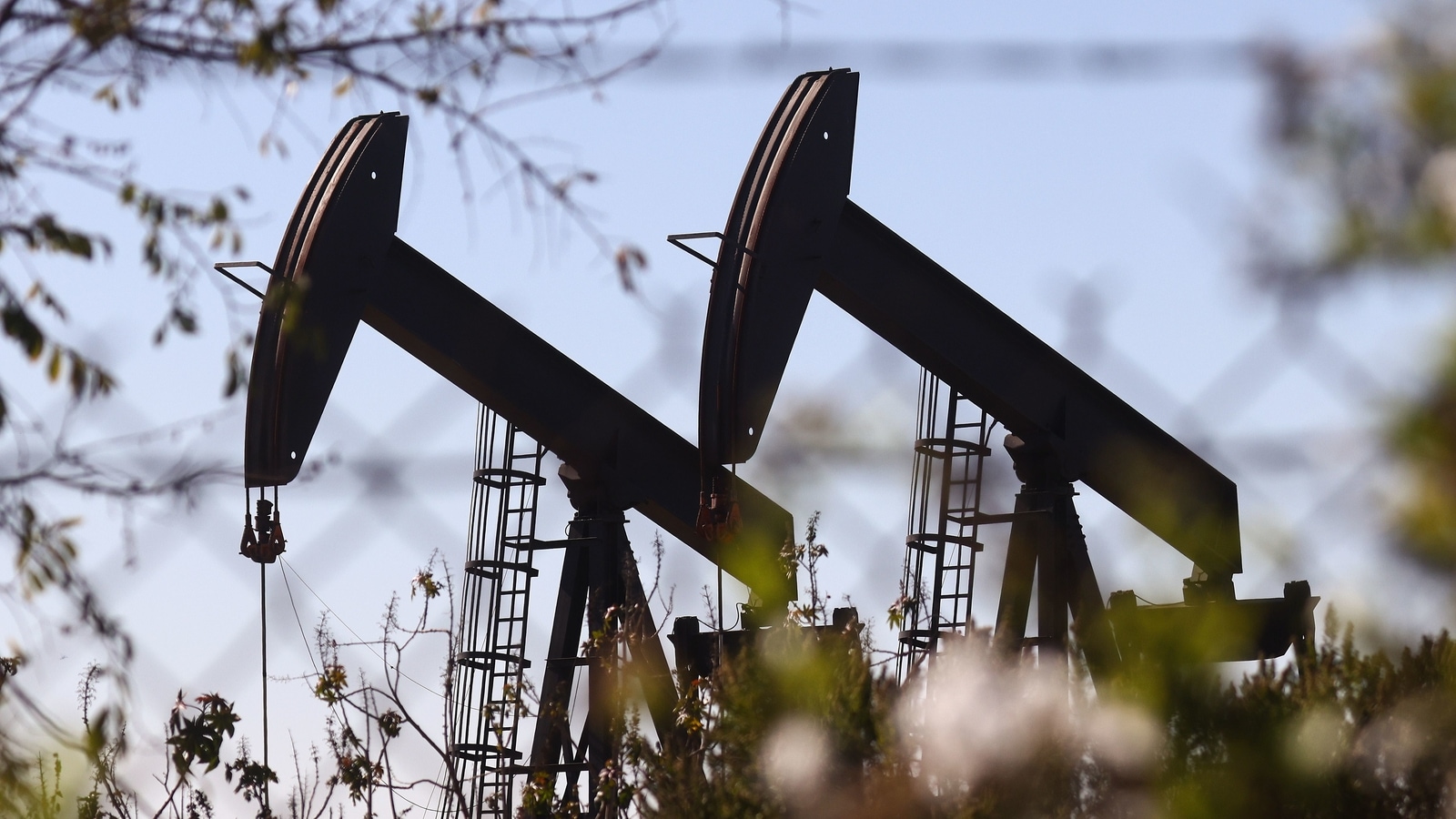The Biden administration is signaling its willingness to utilize the Strategic Petroleum Reserve (SPR) once more to combat rising gasoline prices, according to a report in the Financial Times. This move comes amid concerns that fuel costs could climb again this summer, placing a further strain on American consumers.
Amos Hochstein, a senior advisor to President Biden, expressed the administration's stance to the Financial Times, acknowledging that current petrol prices remain "still too high for many Americans. " He emphasized a desire to see prices decrease further.
The SPR, the world's largest emergency oil reserve, serves as a critical safeguard for the United States during energy supply disruptions. In 2022, following Russia's invasion of Ukraine, the U. S. began releasing significant volumes of oil from the SPR in an effort to mitigate the resulting surge in gasoline prices, which at one point surpassed $5 per gallon. However, these releases significantly depleted the reserve, bringing its holdings to their lowest level in four decades.
The administration's current stance reflects a balancing act. While aiming to address consumer concerns about high gas prices, they must also ensure the SPR retains sufficient capacity to fulfill its intended purpose of safeguarding national energy security in the event of a major supply crisis.
To address this challenge, the Department of Energy has resumed stockpiling oil for the SPR, currently purchasing around 3 million barrels per month. This follows the significant sales in 2022. Energy Secretary Jennifer Granholm previously indicated to Reuters that the pace of these acquisitions could potentially accelerate by the year's end, coinciding with the completion of planned maintenance on the SPR.
The potential for renewed SPR releases has drawn mixed reactions from industry experts. Some analysts endorse the administration's commitment to price stability for consumers. However, others express concern that further depleting the reserve could leave the U. S. vulnerable in the event of a more serious energy crisis.
The potential impact of these considerations on global oil markets remains to be seen. The administration's actions will likely be closely monitored by both domestic and international energy stakeholders.

